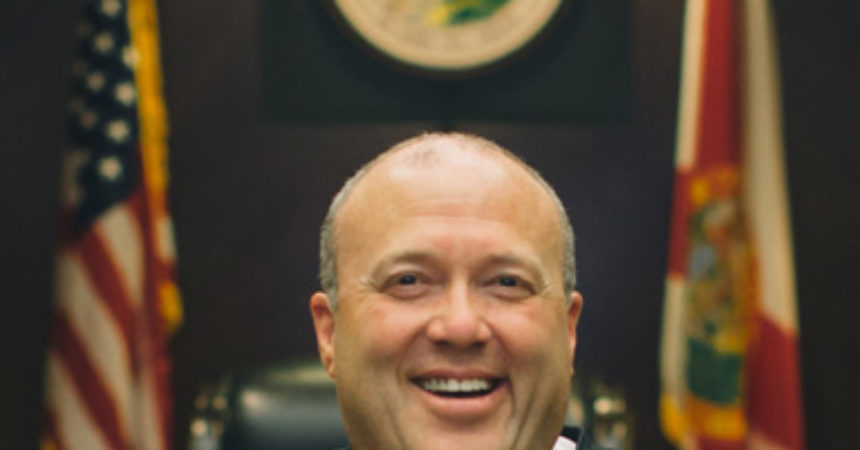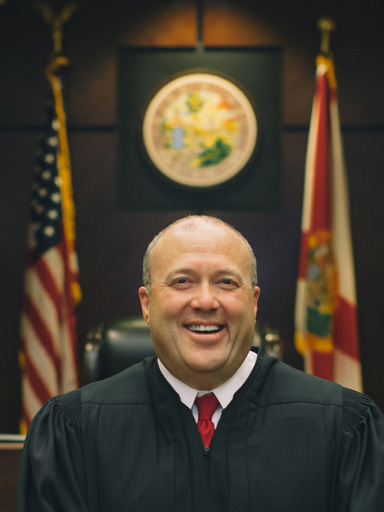
The sound of silence: Judges stay mum on politics

By Layne Smith
Special to the Outlook
Q. Judge Smith, why don’t judges comment on political issues and how do judges manage heavy caseloads? Thank you, Alvin.
A. Alvin, you’ve asked two excellent questions. Our state constitution deliberately divides the powers of government among the legislative, executive, and judicial branches. The legislature establishes the public policy, the executive enforces the law, and the judiciary interprets and follows the law.
Judges don’t make or influence public policy. Although we zealously protect your free speech rights, we voluntarily surrender some of our own free speech rights. Why? Because if we openly chose sides on partisan issues it would undermine the people’s confidence in our ability to decide cases on the merits.
The reality is that judges vote and have political preferences. However, we are honor bound to follow the law and render fair and impartial decisions.
So, how do judges stay non-partisan and above the fray? We take “political vows of silence.” We don’t attend partisan functions, solicit or accept endorsements from political parties, or endorse candidates. Nor do we raise money or ask for political contributions.
Of course, the ultimate irony is that getting appointed, elected, or re-elected to the bench involves politics! Trial judges stand for contested elections and appellate judges stand for retention. Thus, voters decide all of our fates. However, no mudslinging is allowed and all other politics are off-limits.
Sometimes, judges are involuntarily silent. Last month, I had a bad case of laryngitis. Lawyer jokes aside, judges do a lot of talking. So, what does a mute judge do? I spent my downtime reading, writing, and thinking. Do you want to know my big take-away? Some redundancies are necessary for good government!
Judges serve on bar committees, take on leadership positions, and are active in our communities. We teach, take judicial training, and have vacation and sick days. We are cross-trained to fill in for each other as needed. Trial judges manage heavy caseloads by working as individuals and as interchangeable team members.
Having experienced and available judges allows us to schedule more trials and move our dockets efficiently. When I had laryngitis, other judges covered my dockets, and the public continued to be well served. Likewise, I cover hearings and trials for other judges too. Often, justice delayed is justice denied, and having trial judges at the ready benefits Floridians and the state’s economy.
Florida makes efficient use of its judicial resources, spending less than one percent of its annual budget on the state’s judicial branch. The state employs 4.5 trial judges per 100,000 residents, compared to the national average of 6.6 trial judges per 100,000 residents.
Alvin, now you know why judges stay out of politics and how we handle heavy caseloads.
J. Layne Smith is a Leon County Judge who speaks and writes about civics, the law and the administration of justice. Email your questions to askjudgesmith@gmail.comand visit askjudgesmith.com.
850.222.8440/850.681.0990






